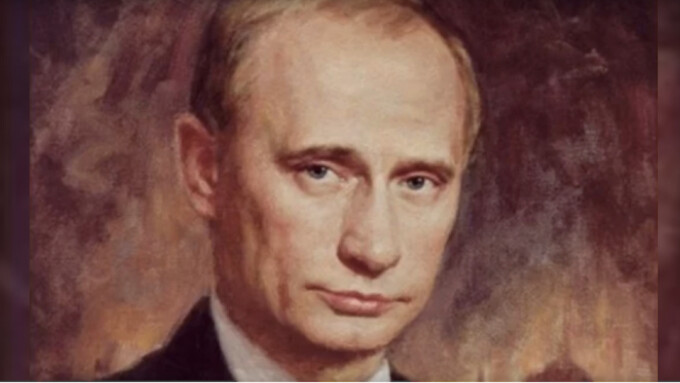MOSCOW — New proposals by Russia’s main political body charged with regulating media would “see X-rated material shuttered away in an adults-only area on the internet” according to what the government would determine is “illegal” or “not prohibited by law.”
A new report today by state media outlet RT.com (former Russia Today) explained that “Russian lovers of adult content could soon be forced to ask their government for permission before they can access saucy snaps and spicy clips online, with a public services portal acting as the gateway to all legal pornography.”
The new proposals were issued by Moscow’s General Radio Frequency Centre, which is a subsidiary of government body Roskomnadzor, responsible for regulating Russia’s allowed speech.
The report indicates that under the new proposal the government will grant itself the power to decide what content is illegal (e.g., “ featuring minors and depicting ‘clearly offensive’ themes such as rape") and what are “permitted pictures and videos,” which would be defined as “naturalistic images or descriptions of the genitals of an adult and/or sexual intercourse or comparable sexual activity of a sexual nature involving adults with their consent.”
The government proposal would also create a state-run age verification system funneled through a “public services portal.”
'To Protect Children'
“Our main task is to protect children from destructive content,” said Roman Korostashov, acting head of the Scientific and Technical Center at the General Radio Frequency Centre, echoing the rhetoric of War on Porn crusaders in the U.S., the U.K., Canada and other places worldwide.
Even the state-sponsored RT.com expressed confusion as to “whose job it would be to trawl the depths of the web and decide which porn falls into which category.”
“Equally unclear is how it would work in practice, given the widespread availability of proxy servers that allow net users to access pretty much whatever they want,” RT.com commented, referring to current VPN technology.
Much like in the U.S. and other nations, political actors in Russia are using the fight against illegal porn to make broader arguments about platform liability and limiting free speech and freedom of expression.
Last week Roskomnadzor warned “the major tech giants” —Facebook, Twitter and Google — to crack down on “prohibited posts."
The Russian government content regulator, according to RT.com, argued that the platforms continue hosting “shocking illegal material online, despite thousands of requests from its officials to take down prohibited posts.”
Roskomnadzor listed “child pornography, suicidal and pro-narcotic content, the involvement of minors in illegal activities and illegal mass events,” as well as “materials from extremist and terrorist organizations” in the hodgepodge of content they demanded the platforms immediately censor.
Anti-Porn Laws Used Against Dissidents, Mainstream Film
Last December, echoing then-President Donald Trump’s attacks on tech giants and Section 230, Vladimir Putin gave a speech lambasting social media platforms.
“These platforms are, of course, primarily businesses,” he told the audience. “And what is the primary concern of a business? Making a profit. They don’t care if this content or that content causes harm for the people at whom it is directed.”
“We must not make decisions that would limit human freedoms — the freedom of choice and freedom of speech,” he added, before signing sweeping legislation that severely restricted legal sexual expression online in Russia.
Earlier this year, Amnesty International reported that the anti-porn laws were being enforced against political dissidents, with one dissident organizer receiving hard prison time for having shared, years ago, a single music video by German band Rammstein, which featured the band simulating sex acts.
This week, the Russian government banned the distribution of mainstream Romanian art film “Bad Luck Banging Or Loony Porn,” which won the prestigious Golden Bear award for best film at this year’s Berlin International Film Festival.
The Russian Ministry of Culture alleged that the film “violates Russia’s laws on pornography.”
Main Image: Official oil portrait of Russian President Vladimir Putin.




